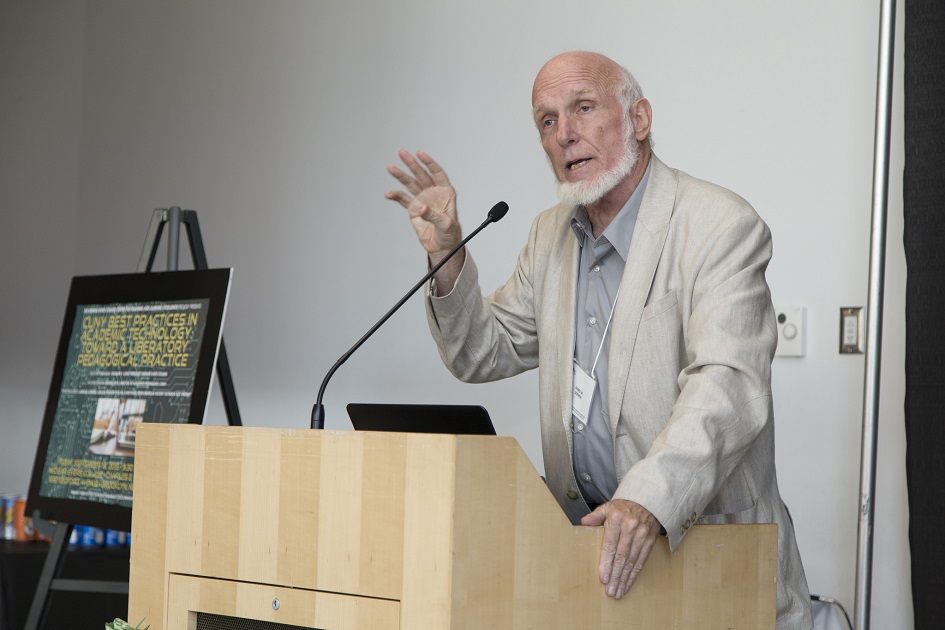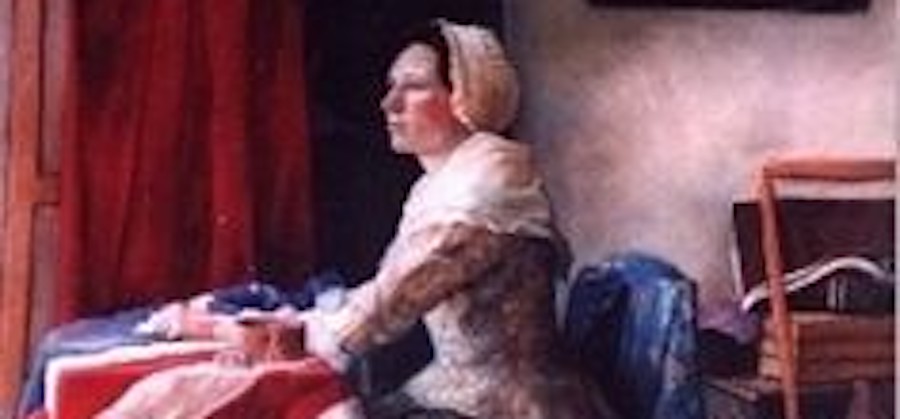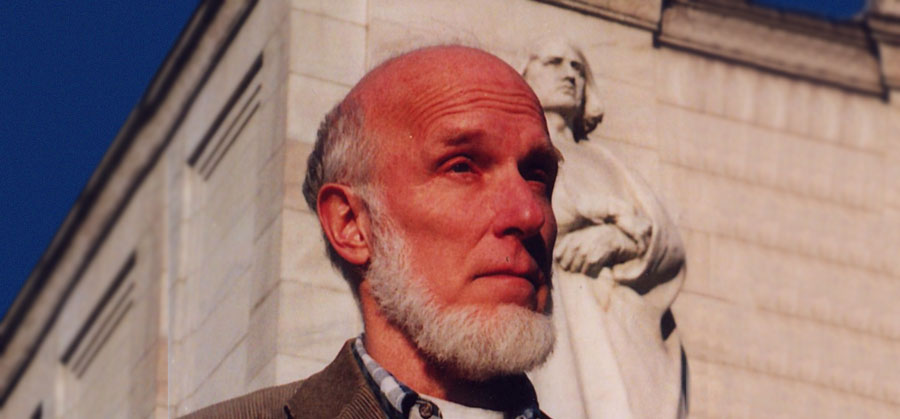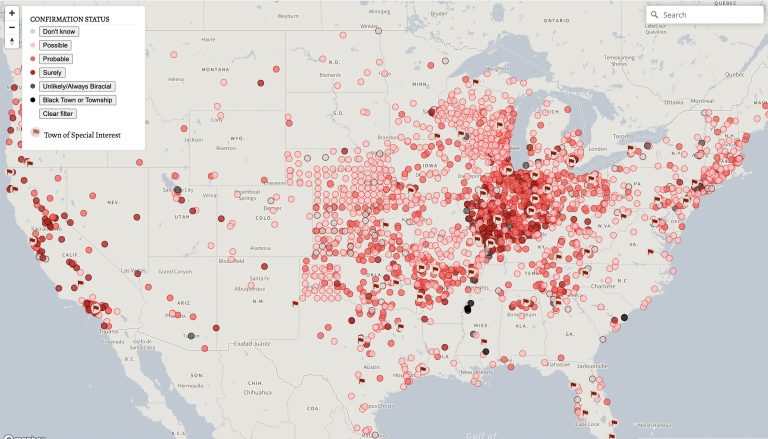History and Social Justice
Inspired by James W. Loewen, sociologist, historian, citizen.
Telling the truth about the past helps cause justice in the present. Achieving justice in the present helps us tell the truth about the past.
James W. Loewen (1942-2021)
We mourn the loss of our friend and colleague and remain committed to the work he began.
Reflections on the Life and Work of Jim Loewen
(If you have reflections on the life and work of James Loewen we invite you to share those with us via email at publichistorysites@gmail.com.)
Watch the James W. Loewen Memorial Service video
(If you have reflections on the life and work of James Loewen we invite you to share those with us via email at publichistorysites@gmail.com.)
Watch the James W. Loewen Memorial Service video

Americans want to know their past. “The Civil War” set records at PBS. “Roots” changed our culture. Historical movies from “Birth of a Nation” through “Dances With Wolves” to “Twelve Years a Slave” draw millions. Meanwhile, our history textbooks mystify the past and bore everyone, while historical markers and monuments mostly tell only the stories that make their communities and their white leadership look good.
Our past cannot be taught “plain,” then leavened with Black History in February and maybe Native Americans in November. Properly conceived, U.S. history is totally interracial. Therefore, teachers and school systems must teach topics like slavery and mascot issues, even if their students are mostly white.
In 1999, Loewen started to research sundown towns, places that for decades were (some still are) all white, on purpose. He expected to find maybe ten such towns in Illinois, his home state, and fifty across the country. He had no idea. He found about 506 towns in Illinois alone, 2/3 of all the towns in the state. Similar proportions in Oregon, Indiana, and other Northern states also went sundown, mostly between 1890 and 1940.
Teaching at Tougaloo College, 1968-75, made Loewen aware that “standardized” tests have unfair impact on racial minorities. Tougaloo produced students with fine minds and good skills who subsequently performed well in difficult graduate programs, yet scored below the national median on the SAT and ACT. Subsequent research revealed that these tests also disadvantage women, nonaffluent, and rural students.
In 1975, Loewen got divorced. At that time, Vermont was even more backward on men’s rights and roles in divorce than Mississippi. Having less societal and legal power than his then spouse, Loewen wound up with visitation. The literature convinced him that anthropologists saw that gender meant complementary areas of relative benefit for males and females, while sociologists only saw female disadvantage. This web page shows both.
Loewen is/was proudest of his children, his physical impact on the landscape, his writings; his direct efforts at social change, and his deployment of money to support good causes. Unfortunately, a dire prognosis struck him before he finished some projects. A box tells of these too; perhaps a visitor might take one on.
Don't miss the map of Sundown Towns
A sundown town is not just a place where something racist happened. It is an entire community (or even county) that for decades was “all white” on purpose. “All white” is in quotes because some towns allowed one black family to remain when they drove out the rest. Also, institutionalized persons (in prisons, hospitals, colleges, etc.), live-in servants (in white households), and black or interracial children (in white households) do not violate the taboo.
Recent News
Examining the History and Legacy of ‘Sundown Towns’ in Connecticut
WNPR Connecticut Public Radio
Opinion: The Price of Being Black in a Small Town — La Cañada Flintridge
Los Angeles Times
How Jason Aldean’s ‘Try That in a Small Town’ Became a Political Controversy
NPR
Lombardo signs law that silences Minden’s controversial siren
KUNR
Were there ‘sundown towns’ in central Ohio?
WOSU Public Media
Ten Highlights of this Website
Don’t leave until you:
- Flunk the U.S. history quiz.
- Read the intro to Loewen’s bestseller, Lies My Teacher Told Me.
- Contemplate the Racism Curve
- Consider doing something to tell history better or to improve social justice today.
- Read Loewen’s complete opera libretto. It’ll make you cry.
- See the White Anti-Racist Hall of Fame.
- Look over your state on the Sundown Towns map.
- Enjoy the array of historical illustrations.
- Take the Loewen Low-IQ Test
- Laugh at a Vermont joke






